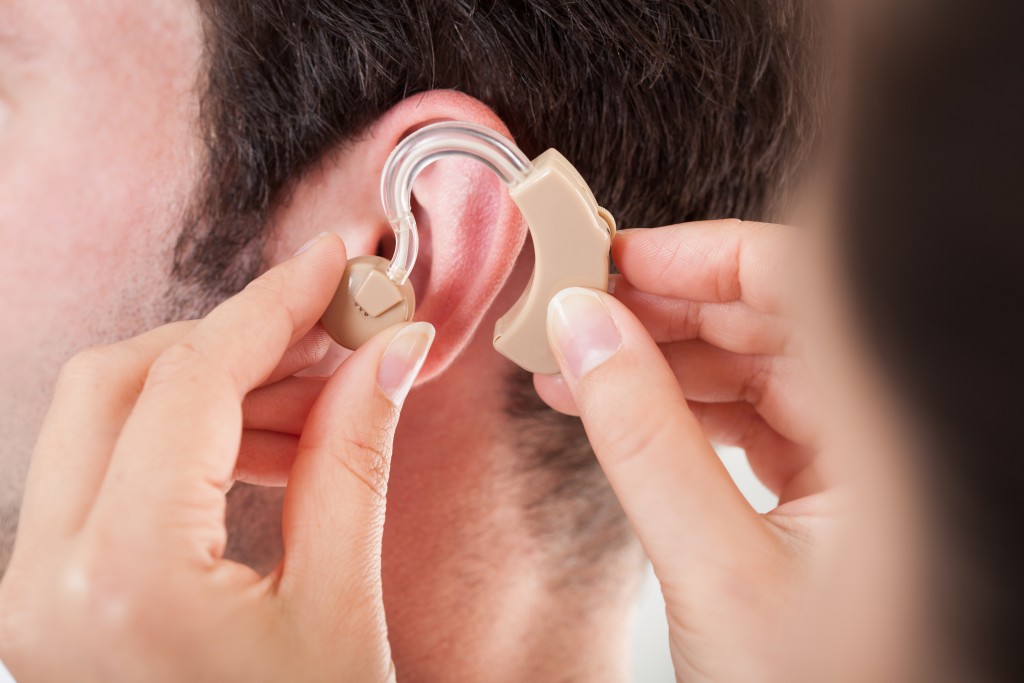Audiology might not be the first clinical profession that comes to mind when you think of health and wellness. Sadly, most of us overlook the importance of our hearing ability and take it for granted. However, with the changing of times, this norm is no longer the case, and it seems audiology is about to become very relevant in our modern-day.
Cases of Hearing Loss Are Increasing
Nearly 466 million people globally, roughly 6.1% of the entire population, suffer from disabling hearing loss, and the numbers keep rising. According to WHO estimates, we could see this number rise to over 900 million people by 2050 if no action is taken to address this growing issue. What’s worse, it’s not isolated to the elderly, but even children, teens, and young adults are experiencing cases of mild to profound levels of hearing loss.
Audiology might not be the first clinical profession that comes to mind when you think of health and wellness. Sadly, most of us overlook the importance of our hearing ability and take it for granted. However, with the changing of times, this norm is no longer the case, and it seems audiology is about to become very relevant in our modern-day.
Impact on Life
Furthermore, we also need to consider the negative impact of hearing loss in our daily life. While people may assume that it’s nothing more than a small annoyance, this is far from the truth, and we need to break the stigma behind hearing aids and getting professional help for our hearing problems. Speech therapy and other forms of rehabilitation should also be more readily available to everyone.
- Functional: Communication is at the center of human interaction, and our hearing capability plays a critical role in allowing us to engage in meaningful conversations and discourse. However, when a person experiences hearing loss, this comfort is taken away from them, and the simple things in life become more difficult. Children’s academic performance takes a nosedive because listening to lessons becomes more challenging, and daily tasks in any occupation like meetings become much harder to comprehend.
- Social: On the social aspect, deafness also profoundly impacts an individual’s ability to interact and socialize with his peers. Their hearing loss presents itself as a barrier to communication and discourages them from meeting people and making new friends. As a result, self-isolation and feelings of loneliness are common among people who suffer from hearing loss. These actions can also harm one’s mental well-being.
Innovation and Advancement in Technology

On the brighter side of things, we can thank innovation and the increase of audiology practice acquisitions for the progress and advancement in assistive listening devices (ALDs). Apart from the growing issues surrounding hearing loss and deafness, newer and better technologies will make ALDs more reliable, effective, affordable, and accessible to the general population. The progress made will undoubtedly put this industry on the right track and help it experience more growth.
- More Features: Back then, earlier models of hearing aids and ALDs were bulky and off-putting, which discouraged many people from wearing them due to the fear of being excluded because of their looks. Nowadays, modern hearing aids and ALDs are more discreet, and hardly anyone will notice them as they are often molded to the unique size and shape of your ears. Technology has also made more features possible, and users can configure their options through the phone to best tailor their experience for any given occasion.
- Over-the-Counter Hearing Aids: Price has always been a concern when getting hearing aids because you’re not only paying for the device but also for the services of physicians and medical professionals. As a result, people back then couldn’t simply afford the help they needed because it was far too expensive. However, over the counter hearing aids are now available at many tech stores, and big-name companies like Bose are manufacturing them for the masses. And while they aren’t as in-depth compared to devices provided by professionals, they are more affordable and perfect for those who suffer from mild cases.
- Growing Market Size: The global audiology devices market’s growth rate also sees a healthy trend upward, estimated at around 10.4 billion USD back in 2019 and expected to reach 15.5 billion USD by 2026.
A Necessary Step Forward
Overall, we only expect that we see audiology both as a clinical profession and industry experience growth in the coming years. We cannot let the problems of hearing loss and deafness to linger and become a much bigger risk than it needs to be. Hopefully, these projections break through the mainstream market, and people start to value audiology for what it’s worth.

